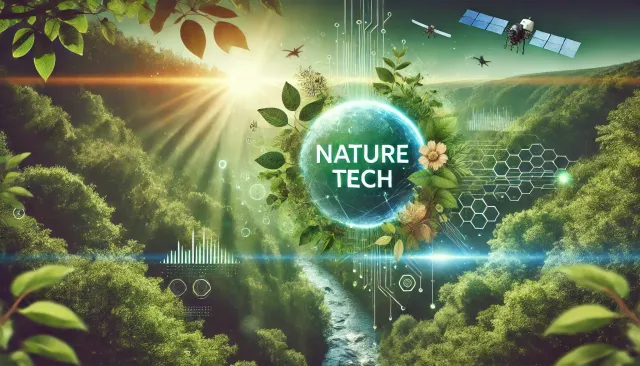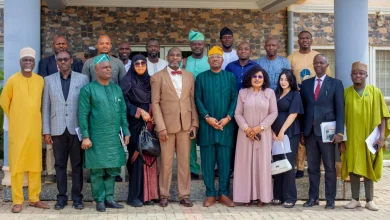Green Growth: Use knowledge, technology to work with nature – Don
Expert Advocates for Tech-Driven, Eco-Conscious Strategies to Spur Sustainable Development and Resource Management

A Plant Ecologist at the University of Ibadan, Prof. Rasheed Awodoyin, has called for the use of knowledge and technology to work in harmony with nature for global environmental sustainability.
Awodoyin made the call while delivering his inaugural lecture titled, “After Plants, it is Plant”, on behalf of the Faculty of Agriculture, University of Ibadan.
He says the degradation of ecosystems worldwide is a warning sign that humanity must shift from exploiting nature to preserving and working with it for mutual survival.
“Mother Earth is calling us to use our intellect and science to work with her and not against her,” he said.
He called for renewed commitment to sustainability as stated in the Sustainable Development Goals (SDGs).
The don stressed that human perceptions must move away from industrial domination of nature toward establishing sustainable-earth societies that support life and biodiversity.
He noted that environmental crises such as climate change, pollution, drought, and deforestation required urgent and united global action to reverse the harmful impacts of human activity.
Awodoyin recommended that more attention be given to managing potentially renewable resources to reduce environmental degradation and ensure sustainable yields.
He emphasised the importance of sincere compliance with Environmental Impact Assessments (EIA) in economic planning and development strategies.
According to him, threats to natural ecosystems can be avoided if ecological principles are respected in agriculture, industry, and infrastructural development.
He called for increased investment in ecological organic agriculture to ensure food security, environmental protection, and the promotion of human health.
Awodoyin also emphasised the need for intensified research into the industrial uses of plant-based materials to meet current and future demands sustainably.
He advocated for the integration of nitrogen-fixing legumes into cropping systems to reduce dependence on synthetic fertilisers and improve soil health.
The professor urged that traditional indigenous knowledge be revisited, documented, and integrated into modern agricultural research and policy-making.
“Restoring plants to the earth’s surface through afforestation, reforestation, mulching, and agroforestry is essential for sustaining life on the planet,” he said.
He lamented the “unregulated removal of the earth’s cloth”, plants, which he described as a major cause of environmental degradation and biodiversity loss.
Quoting American activist, Jesse Jackson, he said, “We found our house—the planet—with clean water, good soil, and air; we must leave it better than we found it.”
Awodoyin concluded that plant-based systems are crucial to maintaining soil fertility, promoting atmospheric health, enhancing human wellness, and ensuring food security.
“For the health of the atmosphere, it is plants. For the health of the soil, it is the plants. For a healthy food system, it is plants.
“For the health of humans and their livestock, it is plants. After plants, it is plants,” he said. (NAN)




